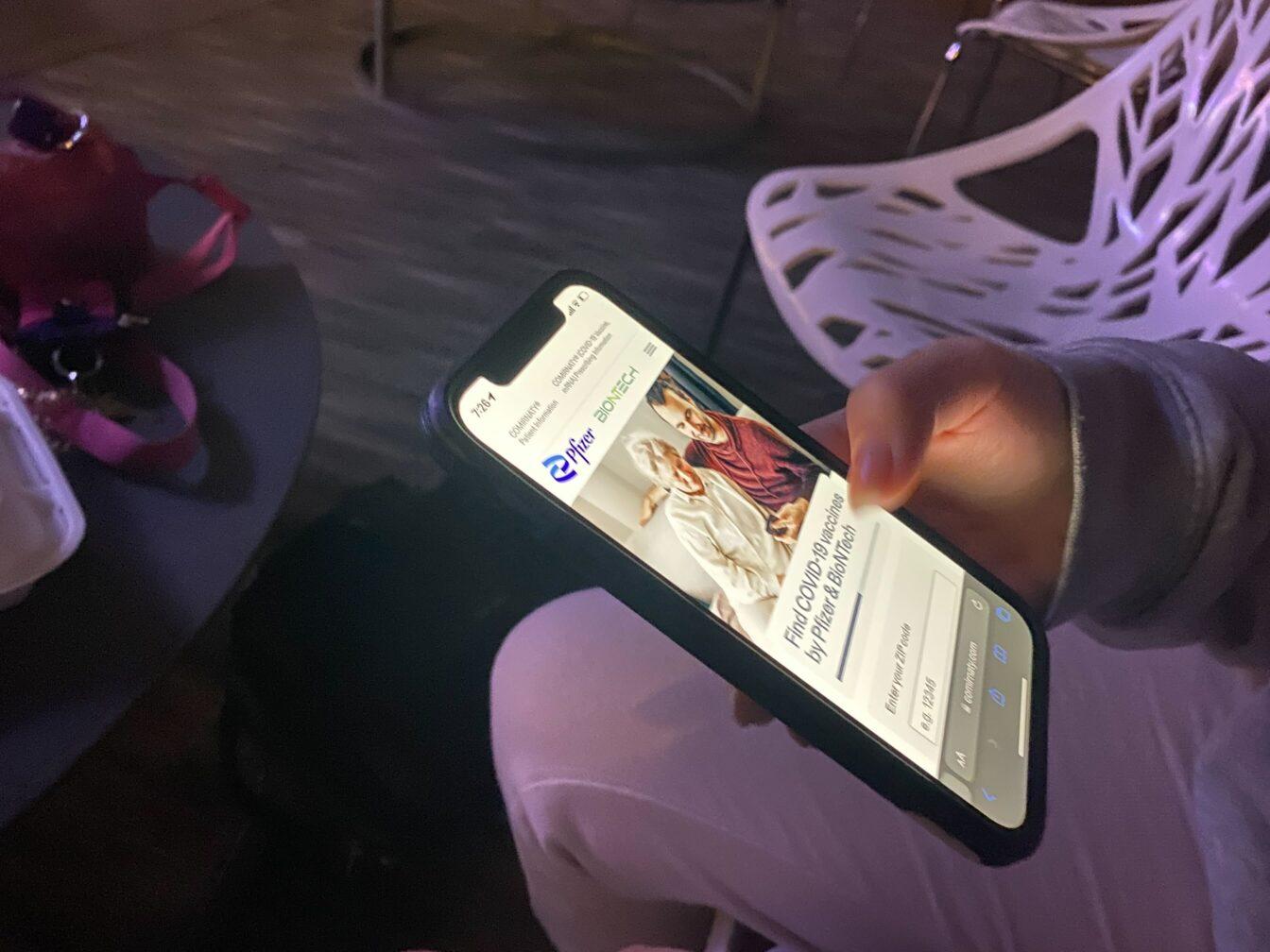Telehealth is incredibly important for those in rural communities, even those who don’t have access to broadband internet connection. But after the federal government ended the emergency declaration for COVID-19 in May 2023, the future of telehealth is unsure.
For those across Wisconsin, both in urban and rural areas, telehealth is a valuable resource and the state government should take action to ensure there is continual access to telehealth opportunities over the coming years.
During the coronavirus pandemic in 2020, telehealth claims across Wisconsin increased 2,400%, making up a total of 6.3% of total health insurance claims, according to PBS Wisconsin. But even as the pandemic continues to wane, telehealth is still a popular option for those in rural areas who have to drive far distances to reach a hospital or doctors office.
During the pandemic, the government allowed individuals and families in rural areas to access telehealth appointments from eligible Medicare providers without geographic restrictions, which would typically force them to find a healthcare provider within a specific geographic zone, according to PBS Wisconsin.
For families who may need to drive far for a quick appointment, telehealth is an incredibly quick and convenient option to receive medical treatment. But health providers do say that telehealth can sometimes prevent them from seeing things they may only notice in person, like signs of abuse or symptoms the individual may not have picked up on, according to PBS Wisconsin.
This is especially true in rural areas where many residents dial into telehealth appointments instead of using video conferencing platforms like Zoom. Over the phone, healthcare providers are able to notice even less than over video.
Even with these challenges faced by healthcare providers, for the most part these providers are supportive of extending telehealth opportunities, according to PBS Wisconsin. The federal emergency declaration during the COVID-19 pandemic relaxed rules that existed surrounding how doctors can prescribe medication and how telehealth works with Medicaid and Medicare. The system works well for those quick appointments.
But after the emergency declaration was lifted in May 2023, healthcare providers are unsure how to proceed or how things will change.
Most telehealth flexibilities related to behavioral health and mental health were recently made permanent by the federal government, but other flexibilities are set to expire soon at the end of 2024 PBS Wisconsin Reports. These flexibilities include the ability for doctors to prescribe medication through telehealth and the lightening of geographic restrictions as discussed earlier.
Though the federal government ensured Medicare patients can still get telehealth services without geographic restrictions, many hospitals are unsure how long this extension will last.
PBS Wisconsin also notes the emergency declaration reimbursed hospitals and healthcare providers through Medicare and Medicaid at the same rate as in-person appointments, meaning there was no financial difference for healthcare providers to offer in-person or telehealth services.
The Wisconsin Department of Health Services announced this rate-matching would continue for Medicaid indefinitely as long as the quality of telehealth appointments matched that of in-person appointments, but Medicare reimbursements are still up in the air. The Medicare reimbursement rate-matching will end in December of 2024 if no legal action is taken, according to PBS Wisconsin.
An option being considered by the government includes Medicare reimbursing healthcare providers for materials that would be provided in an in-person appointment, but this would require hospitals absorbing some of the extra costs. If hospitals absorbed these extra costs it could result in them having to eliminate telehealth appointments due to financial issues, according to PBS Wisconsin.
Thus there are many concerns as to the future of telehealth in Wisconsin and around the country. To ameliorate some of these concerns, especially for individuals who are on Medicare or Medicaid, Wisconsin should pass legislation to keep telehealth available to all who need it.
First, the Wisconsin DHS should expand rate-matching to Medicare so hospitals and healthcare providers are able to keep offering telehealth appointments to those on Medicare. Additionally, the multiple telehealth flexibilities that are set to expire should be expanded for longer, including those not related to behavioral or mental health care, especially the removal of geographic restrictions which directly impact individuals in rural communities.
The government stepping into the healthcare and telehealth field can ensure those on Medicare and Medicaid are still able to access telehealth doctors appointments. This is especially important for those in rural areas who may need to travel long distances to see a doctor that is approved to do a certain kind of appointment.
Another step the state government should take related to telehealth is expanding broadband connectivity in these rural areas of Wisconsin. This is something Gov. Tony Evers has been working on, according to PBS Wisconsin, but could be expanded further.
Some individuals in rural areas aren’t able to join a video conferencing call because they do not have reliable internet access, meaning their healthcare providers can miss certain visuals when they have a telehealth appointment over the phone, according to PBS Wisconsin.
The state government should focus on reducing the broadband gap between rural and urban areas to ensure all Wisconsinites have reliable access to the internet and to telehealth options.
The boom of telehealth during and after the global pandemic is changing the future of the healthcare industry by allowing patients to speak with their doctor from the comfort of their own home, but if Wisconsin doesn’t take legal action to ensure telehealth can be reimbursed and utilized by healthcare providers those in rural areas may suffer. Telehealth needs to be saved and revitalized in the state of Wisconsin and across the country.
Emily Otten (elotten@wisc.edu) is a senior majoring in journalism.


